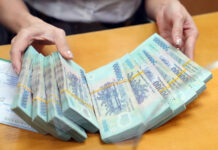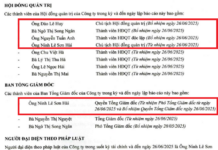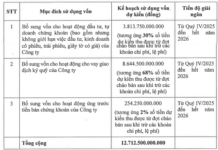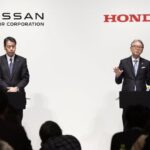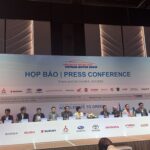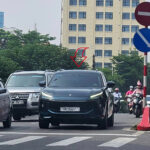As the third quarter marks an important period for car brands to accelerate their sales performance before the year-end, Chinese automotive brands have been offering significant discounts to compete with well-established Japanese and Korean automakers in the Vietnamese market.
A range of Chinese car manufacturers, including Omoda & Jaecoo, Geely, MG, BYD, and Haval, have introduced attractive promotions across their model lineups to appeal to consumers.
Starting with Omoda & Jaecoo, the joint venture with Geleximco, they are offering incentives for the Omoda C5 and Jaecoo J7 models.
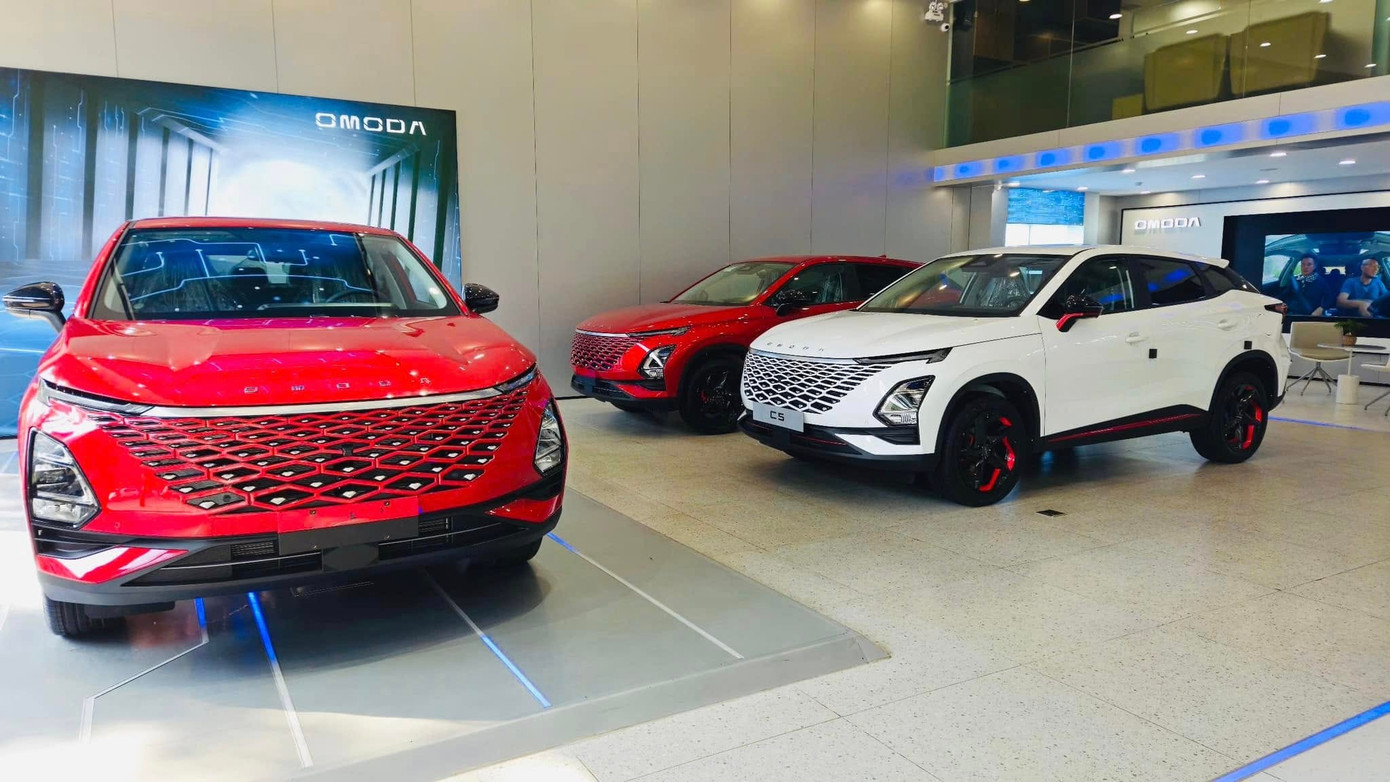
For the Omoda C5, the brand is offering to cover 100% of the registration fee. With a listed price range of 539-669 million VND, this results in a discount of 54-80 million VND, depending on the trim level and registration location.
Meanwhile, the Jaecoo J7 benefits from an 80% registration fee discount, reducing the starting price of the gasoline version to 735 million VND. Additionally, the J7 PHEV (SHS) trim receives a direct price reduction of 90 million VND, bringing the price down to 879 million VND.
Following a similar strategy, Geely is also offering a 50% discount on the registration fee for their Coolray SUV to boost its sales in the B-segment SUV category.
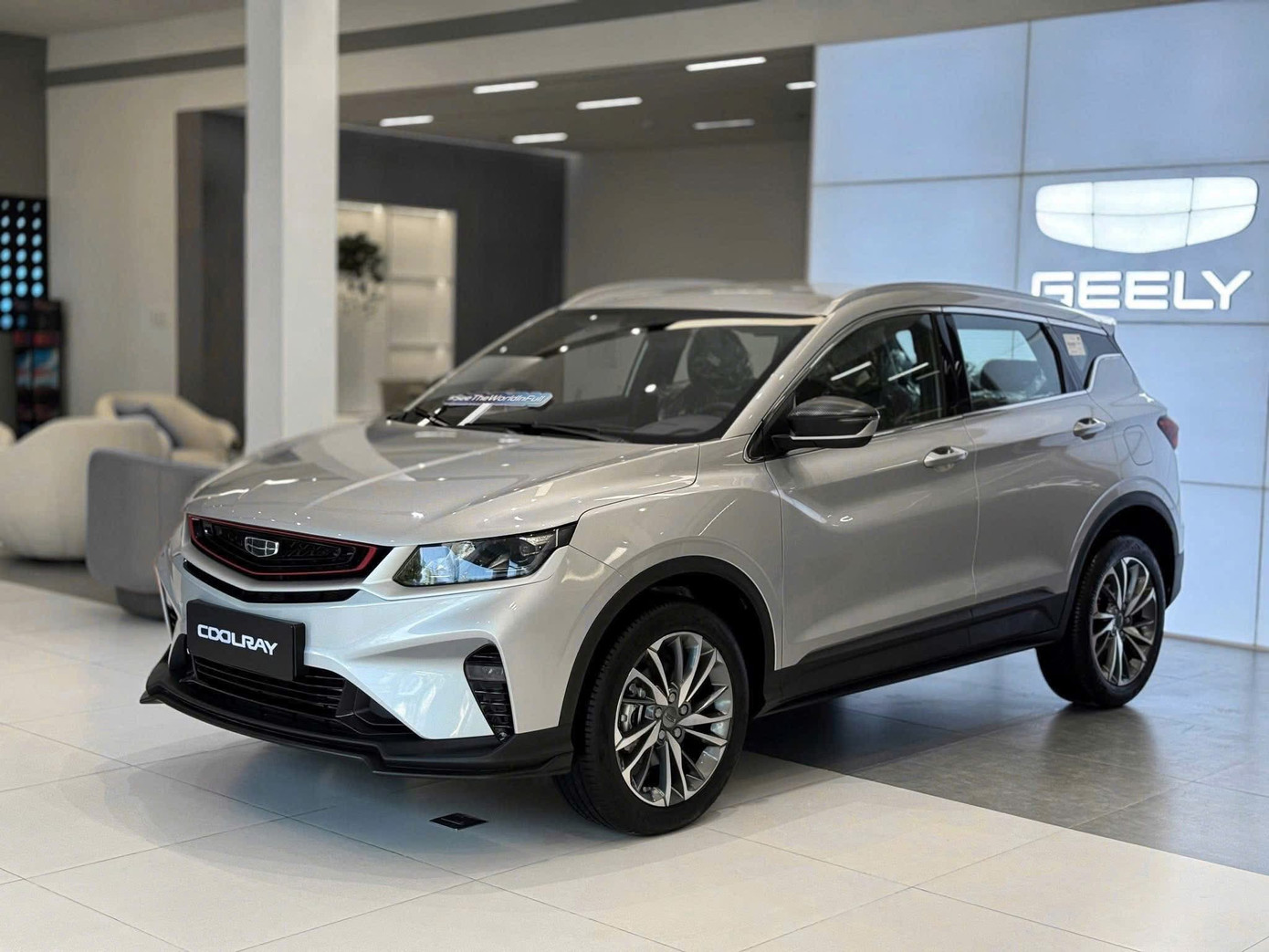
After the discount, the Geely Coolray’s price ranges from 511 to 596 million VND. This competitive pricing is expected to help the Chinese SUV gain a stronger foothold in its segment.
Notably, the recently launched Geely Monjaro mid-size SUV (priced at 1,099-1,199 billion VND) continues to offer a maximum direct discount of 100 million VND. Meanwhile, the Geely EX5 electric vehicle receives a 10 million VND discount and complimentary accessories.
MG, another prominent Chinese brand, is offering incentives on multiple models, including both 2024 and 2025 VINs. The promotions apply to a range of vehicles such as the MG5, ZS, HS, MG4 EV, as well as newer models like the G50 and Cyberster. The value of these incentives varies from 10 to 50 million VND, depending on the model and trim level.
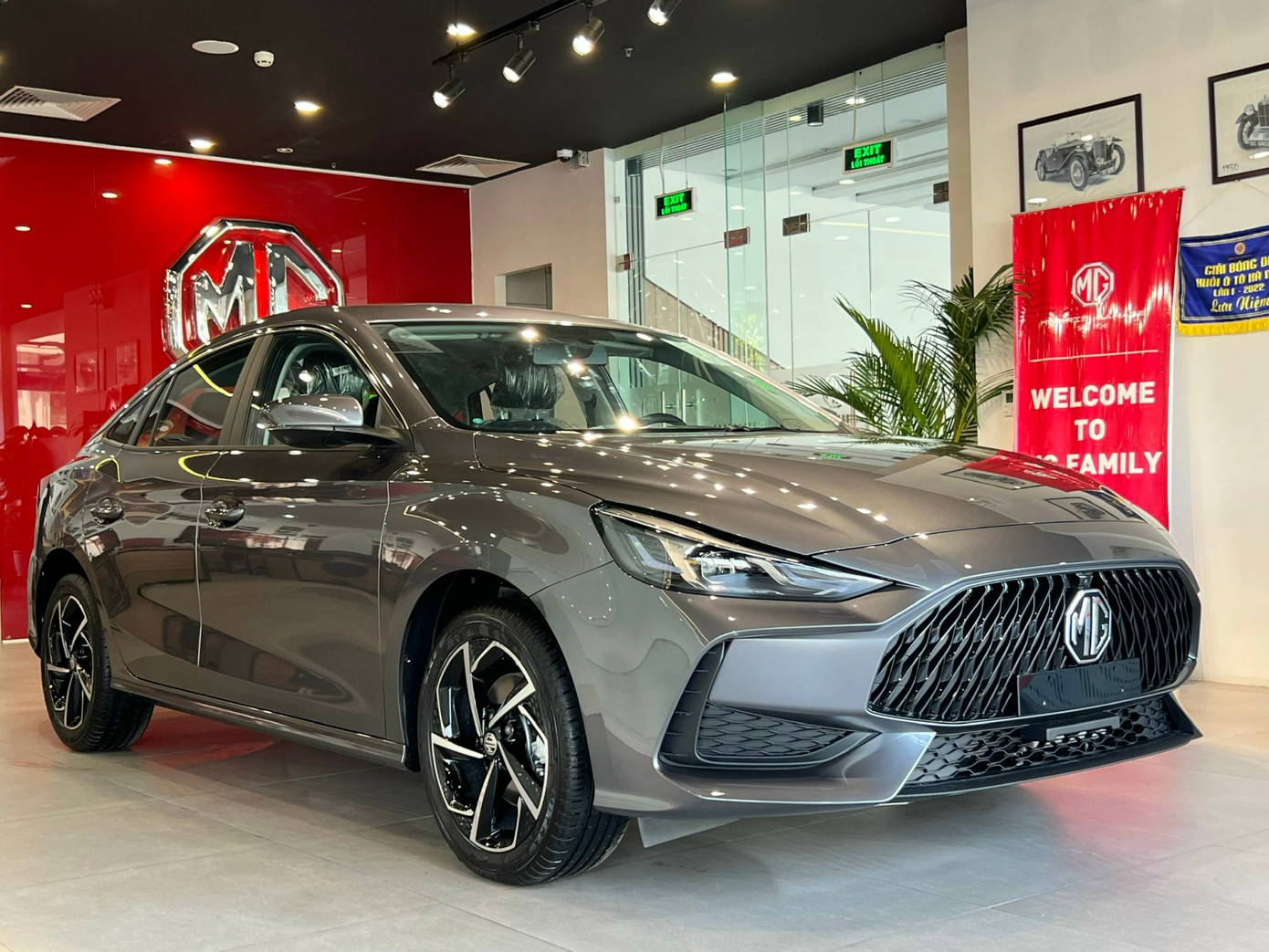
In the electric vehicle segment, while BYD does not have official promotions, dealerships are taking the initiative to offer significant price reductions to stimulate demand. A survey of BYD dealerships nationwide revealed that the BYD Atto 3 SUV is being discounted by 80 to 130 million VND, resulting in an effective price range of 686 to 756 million VND.
The premium BYD Seal electric vehicle is seeing even higher discounts, ranging from 192 to 214 million VND. After these incentives, the two trim levels of the Seal are priced at 927 million and 1,145 billion VND, respectively.
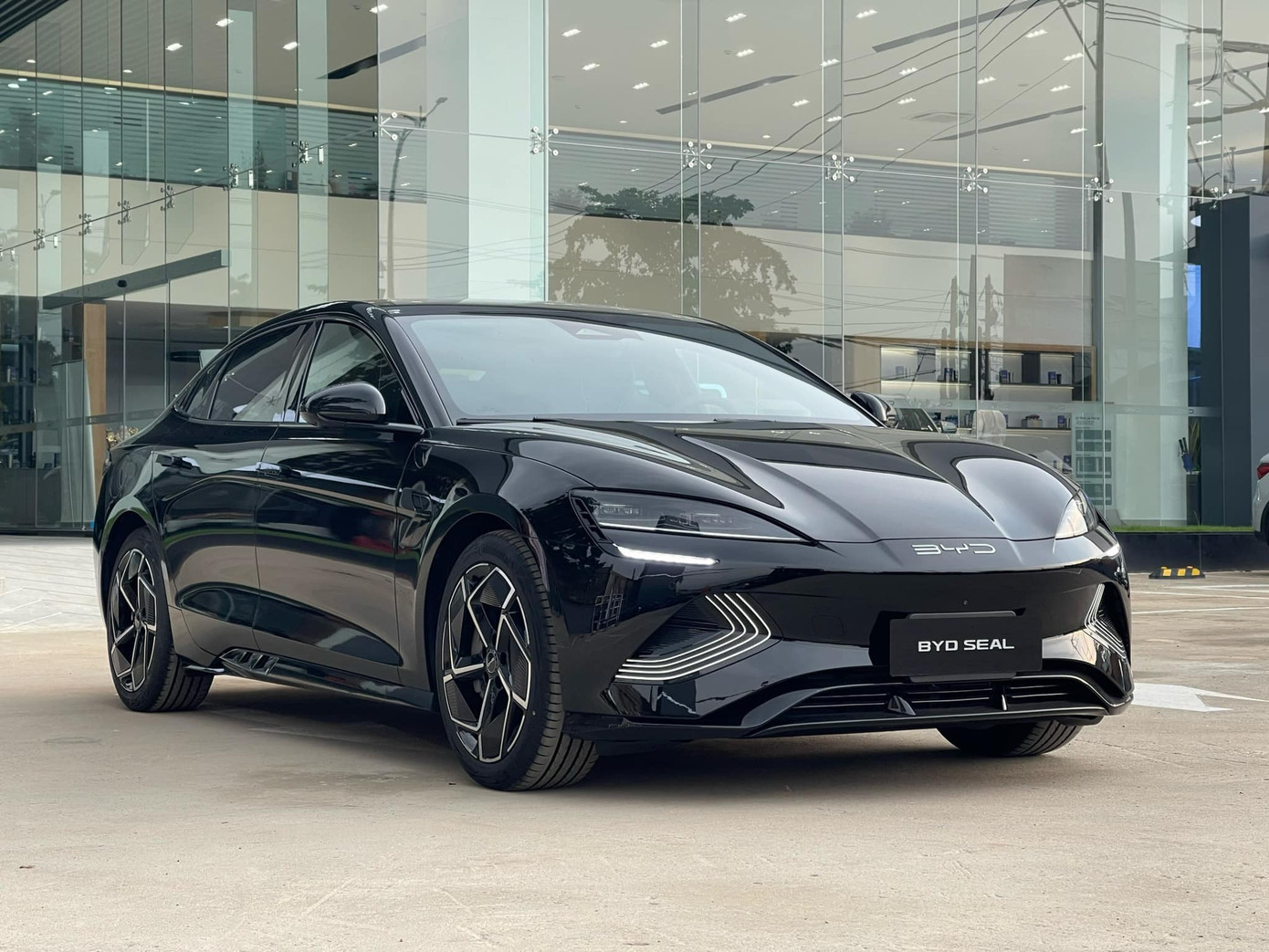
Several Chinese-branded electric vehicles are also seeing substantial discounts at dealerships, including the Haval H6 HEV and Haval Jolion, with reported discounts ranging from 60 to 100 million VND.
According to our reporters, most of these Chinese car promotions have been in effect for about one to two months. As the entire market engages in a price war, Chinese automakers have joined the fray, offering higher discounts than their Japanese and Korean counterparts to gain a competitive edge.
Generally, Chinese cars entering the Vietnamese market emphasize modern designs, ample features, and technology. However, they face challenges in consumer acceptance due to brand perception.
Despite the competition from established brands, Chinese automakers have been introducing a significant number of new models into Vietnam.
According to statistics from the Customs Department, the number of Chinese cars imported into Vietnam in June 2025 reached 4,816 units, a 19% increase compared to the previous month. China is the third-largest exporter of automobiles to Vietnam, after Indonesia and Thailand.
While only 1,292 of these were passenger cars with fewer than nine seats, this still represents a 221% increase from the previous month, indicating a significant expansion of Chinese automotive presence in the country.
In reality, the number of Chinese-branded cars entering Vietnam may be even higher than reported. In addition to direct imports from China, Chinese automakers can also supply vehicles to Vietnam through imports from other Southeast Asian countries. For example, the Geely Coolray is sourced from Malaysia, and GWM models are imported from Thailand.
The Great Automotive Shift: China’s Cars Flooding Vietnam
In a short span of time, a deluge of Chinese automotive brands, ranging from gasoline to hybrid and pure electric vehicles, has swept into Vietnam.
Why Did Vietnam’s Largest Auto Expo Change Its Name?
The Vietnam Motor Show 2024 has suffered a significant blow with the withdrawal of several major car brands, including Audi, Mercedes-Benz, Volvo, Volkswagen, and Ford. In an attempt to salvage the event, the organizers have had to resort to inviting motorcycle companies to participate and fill the void left by these prominent automotive brands.





